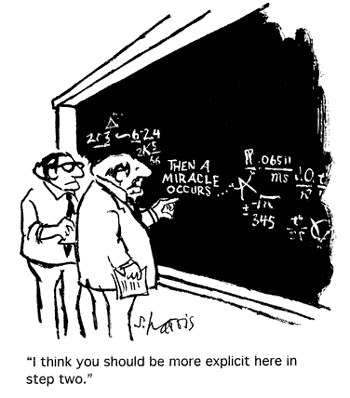Uni degrees never sleep, and leave sharemarket in the shade
AGED 18 and looking for an investment that will return far more than the sharemarket or real estate? Enrol at university and stay there for four years.
An analysis of a quarter of a century of census data released by the Australian Bureau of Statistics reveals extraordinary rates of return for the lost wages and expenses involved in obtaining a four-year degree: all the more so if you are a woman.
For a man graduating in 1981 the resulting higher lifetime income was likely to produce a return on investment of 13 per cent a year. A woman would expect 18 per cent.
By 2001, a fresh graduate could expect even more: a lifetime rate of return of 20 per cent a year for men and 19 per cent for women.
And then the return turned down. In a paper posted on the bureau's website yesterday, researcher Hui Wei said that by 2006 the return had fallen back to 15 per cent for men and 17 per cent for women.
...
"But the return on a university degree is still huge compared to the rate of interest."...
It's also super-secure: it can't be stolen from you, except by killing you, in which case you won't need it any more anyway.

